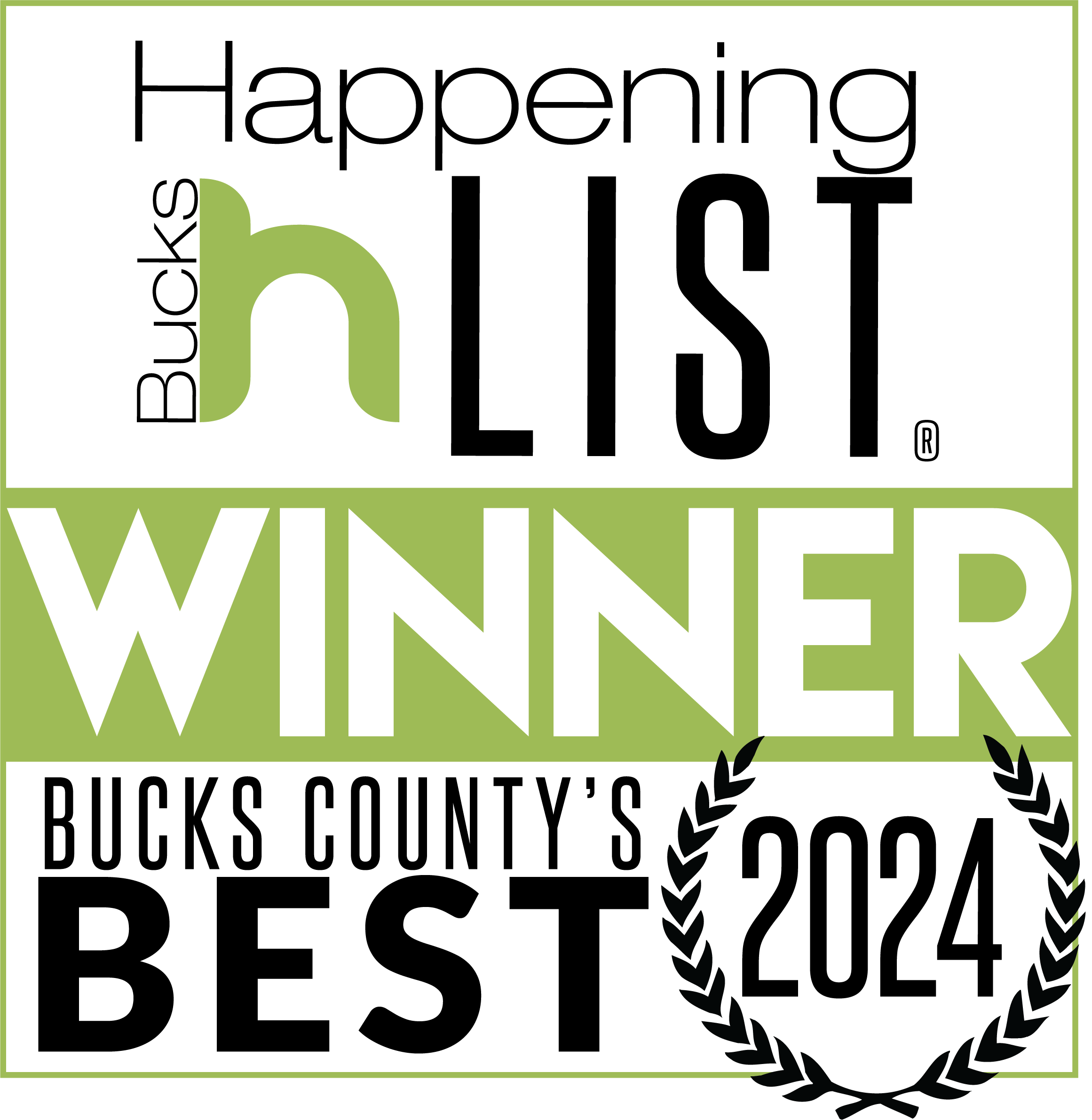If you’re buying your first place, it’s easy to get swept up in the excitement of being a first-time homeowner. However, owning a home comes with a whole new set of possibilities you need to prepare for so you don’t get caught off guard. Here are 7 tips to help you navigate through the sometimes murky waters of home ownership.
1. Learn a Few Basic DIY Skills
An inevitable part of owning a home is that things break and proper maintenance is critical. If you don’t plan to do anything yourself, costs add up quickly for even minor repairs. Therefore, unless you have an unlimited budget, it’s worth learning a few basic DIY skills.
Focus on simple things like changing switchplates, replacing doorknobs, spackling holes, and tackling soft clogs. These are easy projects that can save you time and money if you can do them yourself. Make sure you have a basic set of tools on hand, too — a cordless drill, screwdriver, hammer, bucket, stepstool, and ladder are some essentials.
On the flip side, know your ability level, and don’t try and take on big projects you can’t handle. When you bite off more than you can chew, you ultimately end up wasting more money and time.
2. Organize All Your House Papers In One Place
When your washing machine breaks, the last thing you want to do is waste time searching for the warranty information. If you have to file a claim with your insurance, spending hours trying to find your coverage information adds to the frustration.
Keep all of your house-related papers in one place, whether it’s a file box, accordion file, or a designated folder. Likewise, keep all digital house files in one virtual location. Since these papers include information you’ll need in case of various emergencies, keep them in a waterproof container.
If you live in an area that sometimes requires you to evacuate (for example, for a hurricane or earthquake), a single place for all your papers eases stress. You simply grab the one file box, or however you store your papers, and you know you have everything you need.
3. Turn Off Your Water Before You Go On Vacation
Safeguard your home and your mental well-being by shutting off your home’s main water supply before you go on vacation. Imagine returning from a two-week, relaxing getaway to discover your home flooded because of a busted pipe.
If the water is shut off and something happens while you’re away, you won’t return to a wet living room. As soon as you move into your new house, locate the main shut-off so you know where it is in case of emergencies.
4. Stock Up on Batteries and Light Bulbs
You don’t realize how important it is to have a backup supply of batteries and bulbs until you’re stuck in the dark at 1 am. Or even worse, the TV remote dies in the middle of your favorite episode
You don’t need bins full of backups. However, keep a few of the types you use regularly so you can replace them when needed.
5. Change the Locks Immediately
It doesn’t matter how much you trust the previous homeowners, you have no way of knowing who has keys to your home. People give a key to their pet sitter, in-laws, friend’s cousin who’s housesitting, etc., and suddenly 20 people now have keys to your house.
Changing all the locks needs to be the first item on your to-do list on your move-in day. If you don’t plan to do it yourself, have a locksmith lined up to do it for you.
6. Start a List of Service Professionals
If you move to a new house in the same area, you can keep your current service professionals, as long as you’re happy with their work. However, if you’re moving farther out, you’ll need a new electrician, plumber, carpenter, HVAC specialist, etc.
Start getting recommendations and creating a list of pros so you have it ready when something happens. You don’t want to waste time trying to find a plumber when your toilet’s out of commission. Also, you don’t want to end up using someone who does shoddy work because you were pressed to find someone in a hurry.
7. Keep Up with Necessary Maintenance
If you’ve never owned a home before, there are some things you likely haven’t had to think about. For example, having an HVAC technician service your system twice a year (once before summer, once before winter).
Change your air filter monthly (or based on the recommended schedule for your filter and unit). Clean out gutters regularly, especially leading up to storm seasons. Find out when your weekly garbage pick-up days are. Remember, when you own, there’s no landlord in charge of maintenance, so the upkeep of your home is up to you.
Becoming a first-time homeowner is an exciting journey, filled with opportunities to create a space that’s truly your own. By embracing these seven practical tips, you can navigate the complexities of homeownership with greater ease and confidence. Learning basic DIY skills will save you time and money, while organizing your house papers ensures you’re prepared for any situation. Turning off your water before vacations, stocking up on essentials like batteries, and changing the locks upon moving in are proactive steps that protect your home. Building a reliable list of service professionals and staying on top of regular maintenance will keep your home in excellent condition for years to come. Remember, the more prepared you are, the more you can enjoy the rewards of homeownership and turn your new house into a true sanctuary.
Now that you have your new home, check out the design content we have for you, here: https://cbhre.com/category/design
As well as home improvement tips and tricks, here: https://cbhre.com/category/homeimprovements

 Facebook
Facebook
 X
X
 Pinterest
Pinterest
 Copy Link
Copy Link






